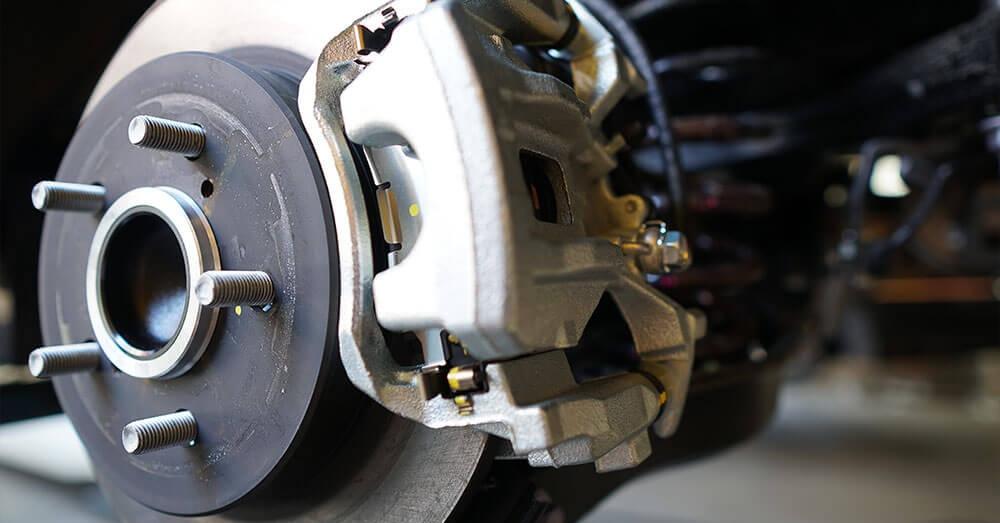Are you curious to know what is brake power? You have come to the right place as I am going to tell you everything about brake power in a very simple explanation. Without further discussion let’s begin to know what is brake power?
In the realm of automobiles and machinery, the concept of brake power plays a pivotal role in ensuring safety, control, and efficient operation. Whether you’re driving a car, operating heavy machinery, or analyzing engine performance, understanding brake power is essential. In this article, we’ll explore what brake power is, how it’s measured, and its significance in various industries.
What Is Brake Power?
Brake power refers to the amount of power generated by an engine or motor that is absorbed by the braking system to slow down or stop a vehicle or machine. It represents the actual power output of the engine that is utilized for braking, rather than for propelling the vehicle forward. Brake power is an important parameter for assessing the efficiency of a braking system and ensuring safe operation.
Measuring Brake Power:
Brake power can be measured using a dynamometer, which is a device that quantifies the force applied to a rotating shaft. There are two primary types of brake power measurements:
- Indicated Brake Power (IBP): This measurement represents the theoretical power output of the engine, calculated based on the pressure inside the cylinders and the engine’s displacement. IBP does not take into account losses due to mechanical friction, heat, or other inefficiencies.
- Effective Brake Power (EBP): EBP is the actual power output of the engine that is available for performing useful work, such as overcoming friction and driving the vehicle. It considers mechanical losses and inefficiencies, providing a more accurate representation of the engine’s performance.
Significance Of Brake Power:
- Safety: Brake power is a critical factor in ensuring safe vehicle operation. Adequate brake power is essential for effective stopping and maintaining control, especially during emergency situations.
- Efficiency: Brake power measurements are essential for evaluating the efficiency of an engine or motor. Higher brake power indicates a more powerful engine that can deliver better performance.
- Brake System Design: Engineers use brake power data to design and optimize braking systems, ensuring they can handle the vehicle’s weight and speed while maintaining safety standards.
- Load Capacity: In heavy machinery and industrial equipment, knowing the brake power is crucial for determining the load capacity and performance of the equipment.
- Performance Analysis: Brake power measurements are used to analyze engine performance, compare different engine models, and assess the impact of modifications on power output.
Factors Affecting Brake Power:
- Engine Type: Different types of engines (diesel, gasoline, electric) have varying brake power characteristics due to their design and combustion processes.
- Friction and Losses: Mechanical friction, heat loss, and other inefficiencies reduce the effective brake power compared to the indicated brake power.
- Maintenance: Engine maintenance and wear affect brake power. Proper maintenance ensures optimal performance and accurate brake power measurements.
Conclusion:
Brake power serves as a key metric that bridges the gap between engine performance and effective braking. From automotive applications to industrial machinery, understanding and measuring brake power is essential for safe and efficient operation. This concept embodies the engineering precision and attention to detail that underlie modern transportation and mechanical systems, contributing to the smooth functioning, safety, and reliability of vehicles and equipment across various industries.
FAQ
Why Is It Called Brake Power?
braking device, it is called brake horsepower. This is the power actually delivered by the engine and is therefore the capacity of the engine. The power developed in the combustion chambers of the engine is greater than the delivered power because of friction and other mechanical losses.
What Is Brake Power In Simple Words?
The brake power of an internal combustion engine is the power available at the crankshaft for doing useful work. It is also known as engine output power. The brake power of an internal combustion engine is measured by a dynamometer. Swinging field type dynamometers are the most precise measuring dynamometers.
What Is The Brake Power Of An Engine?
The power developed by an engine at the output shaft is called brake power and is given by Power = NT/60,000 in kW where T= torque in Nm = WR W = 9.81 * Net mass applied in kg.
What Is Brake Power And Indicated Power?
The difference between indicated power and brake power is as follows. First of all, by indicated power we mean GROSS indicated power, the total work done by gas on piston during compression and power strokes. The brake power is the power available at the dynamometer. The difference is called friction power.
I Have Covered All The Following Queries And Topics In The Above Article
What Is Brake Power
What Is Brake Horse Power
What Is Brake Power In Ic Engine
What Is Power Brake
What Is Brake Power And Indicated Power
What Is Brake Power In Engine
What Is Indicated Power And Brake Power
What Is Power Brake In Car
What Is Brake Horse Power?
What Is Brake Power Formula
What Is Brake Power Of Engine
What Is Power Brake Booster
What Is A Power Brake
What Is A Brake Power
What Is Brake Horse Power(Bhp)?
What Is The Brake Power
What Is A Power Brake Booster
What Is Brake Power?
What Is Brake Power
What is the brake power of an internal combustion engine?
